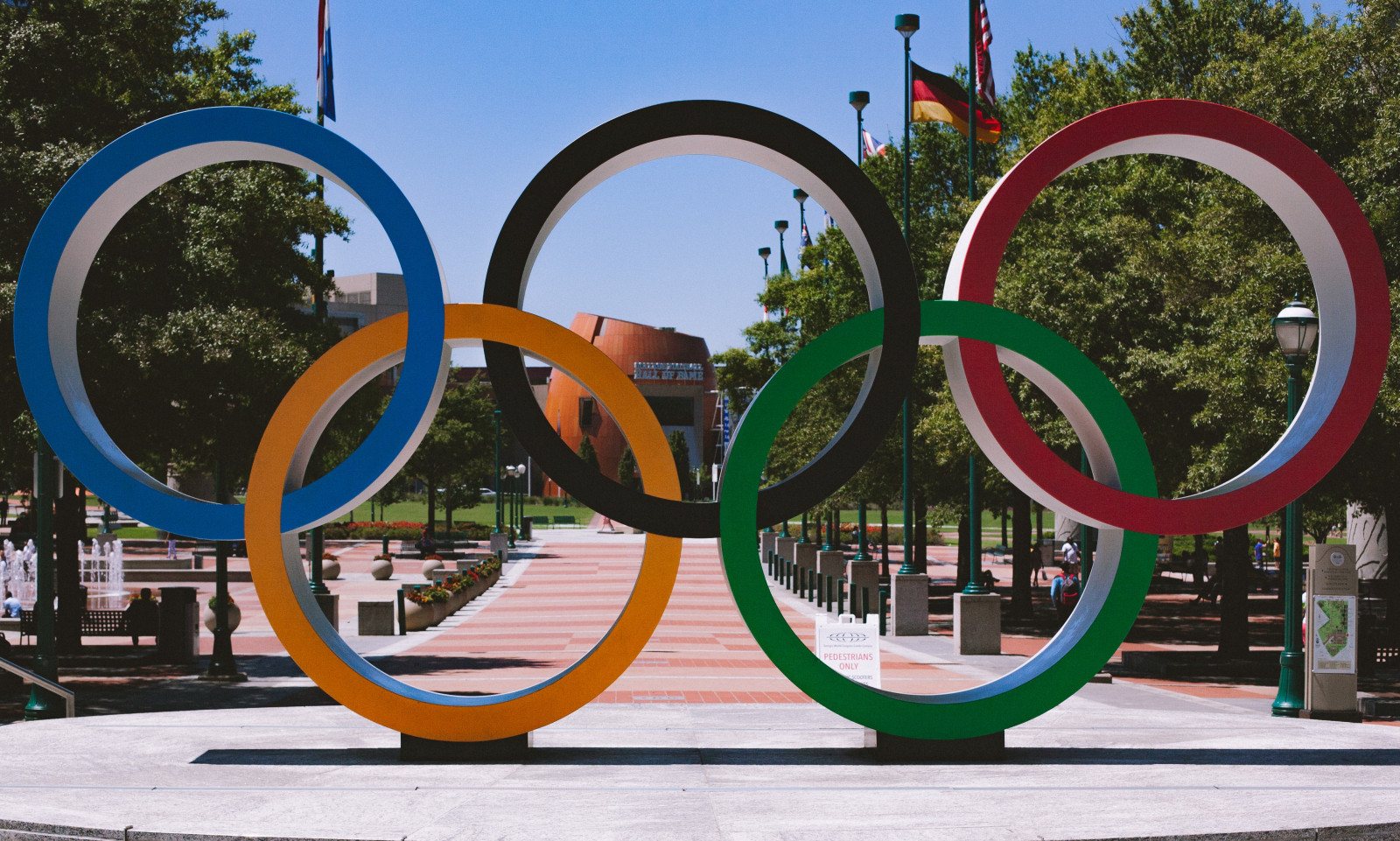Has IOC missed the point with its esports initiative?

Photo: Bryan Turner

The International Olympic Committee (IOC) has announced details of the Olympic Esports Series 2023, a global virtual and simulated sports competition created by the IOC. Amateur and professional players from around the world are invited to take part in qualifying rounds, culminating in live, in-person finals at the Olympic Esports Week 2023.
MIDiA wrote about how esports could fit into the Olympic framework back in 2017. Back then, the pushback came from the IOC’s focus on not promoting violence, something video games are supposedly often tied to. That argument was thin at best, given that many traditional Olympic disciplines come from…well…violence (e.g., Archery, fencing, boxing, shooting, etc.).
Fast forward to today, the IOC seems to have gotten over that argument now, at least somewhat (e.g., Archery is one of the chosen esports disciplines). While it is commendable that the IOC has been attempting to figure out how to best incorporate gaming into the Olympic framework, the list of games chosen raises questions about whether the IOC’s current approach will actually benefit the IOC and its audiences the most.
Making sports disciplines virtual / digital is not the same as bringing gaming into the Olympics
Here is the list of disciplines and games that the IOC had chosen:
Archery (World Archery Federation, Tic Tac Bow),
Baseball (World Baseball Softball Confederation, WBSC eBASEBALL™: POWER PROS),
Featured Report
Defining entertainment superfans Characteristics, categories, and commercial impact
Superfans represent a highly valuable yet consistently underleveraged audience segment for the entertainment industry. What drives this disconnect is the fact that – despite frequent anecdotal use of the term – a standardised, empirical definition remains absent, preventing companies from systematically identifying, nurturing, and monetising th...
Find out more…Chess (International Chess Federation, Chess.com),
Cycling (UCI, Zwift),
Dance (World DanceSport Federation, JustDance)
Motor sport (Fédération Internationale de l’Automobile, Gran Turismo).
Sailing (World Sailing, Virtual Regatta),
Taekwondo (World Taekwondo, Virtual Taekwondo)
Tennis (International Tennis Federation, Tennis Clash)
To be clear, I appreciate that the IOC is a sports-centric organisation, which of course would have informed the above title list. However, a key opportunity for the IOC in incorporating games was to expand its existing audience and reinvent relevance for younger generations.
The IOC had the opportunity to tap into an audience of nearly three billion gamers, a significant share of whom do not actually watch sports regularly (yet!). A Q4 2021 MIDiA survey stated that only 45% of console gamers in the US (46% of PC gamers and 45% of mobile gamers) watched live sports on a TV screen. Done right, the Olympics would have, in theory, had a shot at significantly expanding its total addressable market (TAM).
To capitalise on this significant opportunity, however, gaming needed to be accepted as a sport. The above list does not achieve that. Instead of acknowledging gaming as a ‘sport’ (by picking the most popular games and establishing disciplines within games, such as co-op, survival, MOBA, etc.) and attracting gamers towards the Olympics, all this does is simply acknowledge that ‘digital is big’ and offers virtual versions of existing sports – targeting existing sports fans who play games.
The problem with this approach is that it will only appeal to a fraction of consumers compared to what the IOC’s initiative could have achieved. MIDiA’s Q4 2022 consumer survey states that only 25% of gamers are fans of sports games. Further, consider the fairly small audiences of many of the above-listed sports – such as cycling, with only 7% of consumers being fans of cycling. For context, that’s less than half the player base of Fortnite alone.
While the IOC announcement is certainly a step in a positive direction on games’ journey towards the Olympic world, here is hoping that it is really only that – a step, rather than the end destination for the format. If, however, this is as far as gaming in the Olympics will go, it would be a missed opportunity both for the IOC and for the entertainment of consumers.

The discussion around this post has not yet got started, be the first to add an opinion.